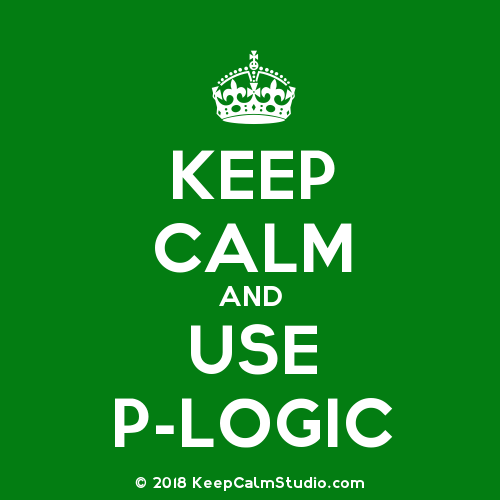Natural language argument, the fallacies, and p-logic Department of Philosophy, Lund University, Sweden This tutorial reviews the main contemporary approaches to natural language argument, explains the role these approaches assign to the fallacies, and contrasts this with applications of probability theory (aka "p-logic") to select fallacies.
As John Woods (2000: 15) put it: "Formal logic is a theory of logical forms; and informal logic is all the rest." Informal logicians (e.g., Johnson, 2000; Blair, 2012) as well as proponents of the Pragma-dialectical school of argumentation (van Eemeren & Grootendorst, 2014; van Eemeren, 2010) tend to view "all the rest" as shouldering the real work in the analysis and evaluation of natural language argumentation.
Indeed, many reject formal methods. In place of the proof techniques of the truth-functional calculus, for instance, typical resources rather include argument diagrams, schemes, and the fallacies. Similarly, rather than endorsing soundness (premise truth and deductive inferential validity) as a standard of good argument, informal logicians speak of cogency (premise acceptability, relevance, and inferential sufficiency). In the 1960s, this anti-formalist stance arose in reaction to the only widely available formal apparatus being first-order deductive logic. The breath of formal resources available today, however, makes a continued disenchantment with them at least questionable. In fact, their neglect deprives of useful resources in appraising defeasible reasoning and argument in ways that let formal and informal realign resources. 
The tutorial starts by reviewing the informal resources. We particularly study the role of the fallacies (Hamblin, 1970) in Walton’s (1995; 2010) dialogical approach, and reconstruct the rules for critical discussion in the Pragma-dialectical model, whose consensualism particularly epistemologists have criticized (Biro & Siegel, 1997; Lumer, 2010). This critique demarcates an import difference, and entails a distinct view on what the fallacies are (not) (Woods, 2013a,b).
Against this background, we offer a brief technical introduction to probability theory (p-logic), then apply it to give an analysis of argument cogency. This not only clarifies a core concept of informal logic. P-logic also provides an important corrective to its usual applications. In application to select (alleged) fallacies, indeed, formal and informal normative approaches to natural language argumentation can align. Building on groundwork by Oaksford and Hahn (2004) and Korb (2004), among others, this contributes to a burgeoning area of research that successfully applies probabilistic reasoning to natural language argumentation. It also supplements recent work by Hahn and Hornikx (2016), for instance, who use p-logic to formalize argument schemes such as those proposed by Walton, Reed, and Macagno (2008). Please note: The three tutorial sessions build on each other. Rather than pick one or two sessions, participants would do well to attend all three. We provide learning materials in class as online resources; there is no prior reading assignment. A background in formal logic or probability theory is neither required nor harmful to profit from the tutorial. The main learning outcome is the improved ability to orient oneself within the field of argumentation studies, and correctly apply p-logic to such crucial notions as argument cogency, fallacy, or argument strength, among others. |
References
Back to the 6th Universal Logic School ! | ||||
